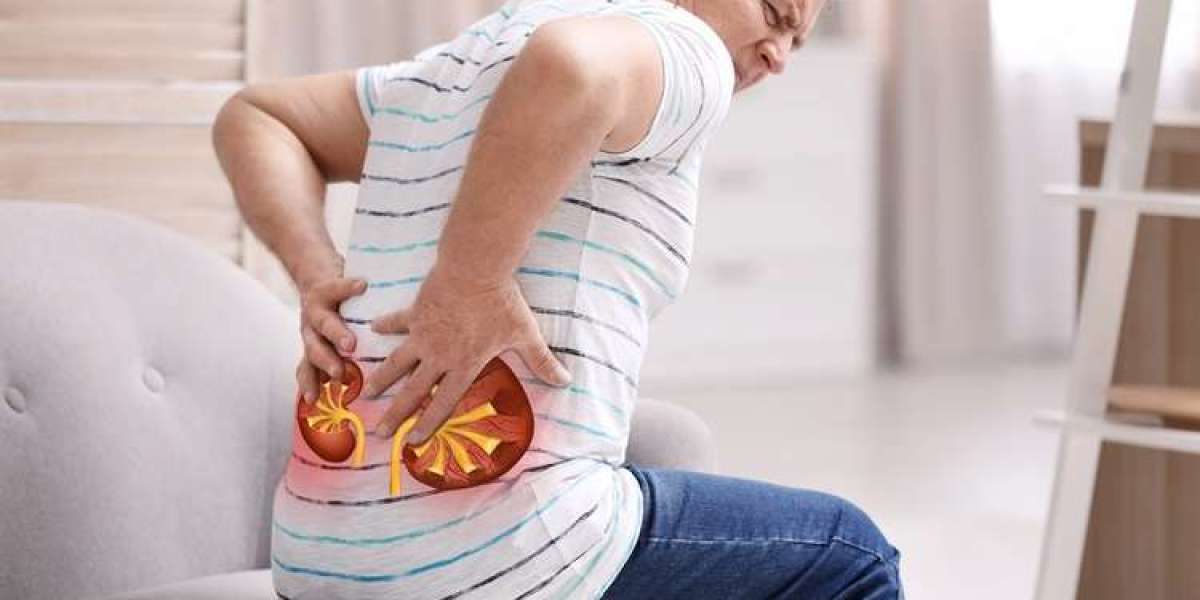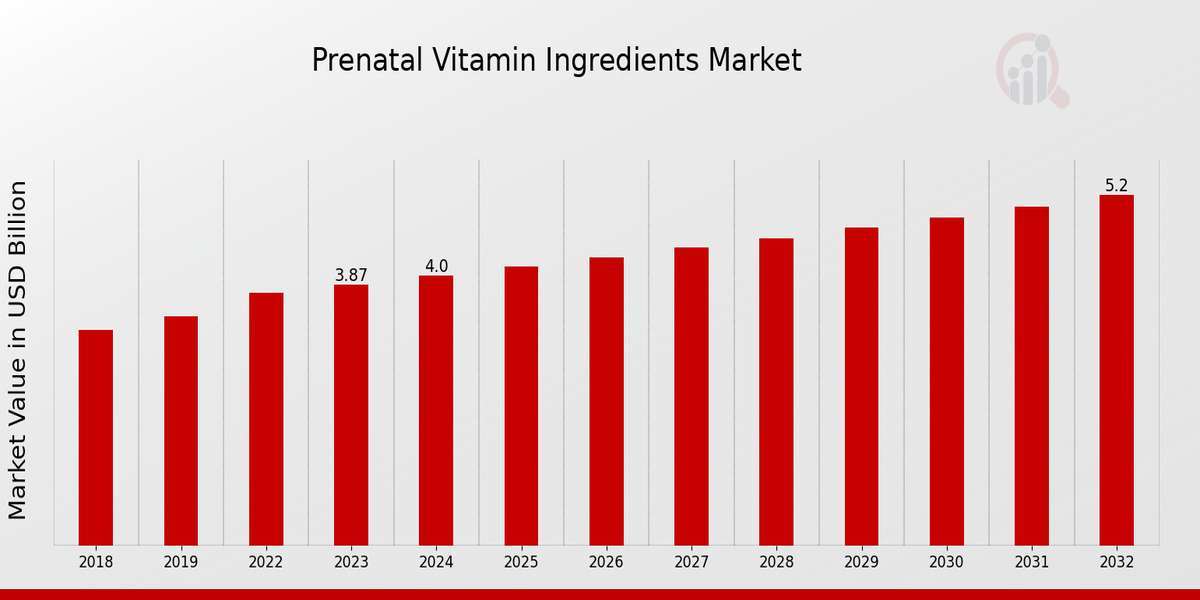Kidney stones are a painful and common condition affecting millions of people worldwide. While many believe calcium is the culprit, the reality is more complex. If you're searching for the best calcium supplement for kidney stones, it's essential to understand how calcium interacts with stone formation—and how the right supplement can actually reduce your risk rather than increase it.
In this blog, we’ll explore the role of calcium in kidney stone development, how to choose the right type of calcium supplement, and how products like KidneyCOP® can help support long-term kidney health.
Understanding Calcium and Kidney Stones
Most kidney stones are made of calcium oxalate. This often leads people to assume that cutting down on calcium is the right solution. But scientific evidence tells a different story. In fact, getting the right amount of dietary calcium or a carefully chosen calcium supplement for kidney stones can actually lower your risk of forming stones.
Why? Because calcium binds with oxalates in the digestive tract, preventing them from being absorbed and passed to the kidneys, where they can crystallize and form stones. So, the issue isn’t calcium alone—it’s how and when you consume it.
Who Needs a Calcium Supplement?
If you're not getting enough calcium through your diet—whether due to lactose intolerance, dietary preferences, or other health issues—your doctor may recommend a supplement. But here’s the catch: not all calcium supplements are created equal, especially when it comes to kidney stone prevention.
The wrong supplement, or taking it at the wrong time, can do more harm than good. That’s why selecting a targeted calcium supplement for kidney stones is key.
Choosing the Right Calcium Supplement
When evaluating a calcium supplement for kidney stones, there are a few crucial things to look for:
Form of Calcium
- Calcium citrate is often preferred over calcium carbonate. It is more easily absorbed and less likely to raise stone risk.
- Calcium citrate can also increase urinary citrate, which helps prevent stone formation.
Timing of Supplement Intake
- Take calcium supplements with meals. This ensures that calcium binds with dietary oxalate and prevents it from reaching your kidneys.
Dose
- Stick to your healthcare provider’s recommended dose. Excess calcium, especially in supplement form, can contribute to stone formation if taken improperly.
Additional Stone-Blocking Ingredients
- Supplements designed with additional stone-preventing compounds can offer better protection. Look for products like KidneyCOP®, which not only supports calcium balance but also includes plant-based ingredients known to fight crystal formation.
Why KidneyCOP®?
While calcium supplements help, choosing a product formulated specifically for kidney stone prevention gives you an edge. KidneyCOP® is a patented formula developed by pharmacists and medical professionals to reduce the risk of calcium oxalate stones. It contains five powerful plant-based ingredients scientifically shown to:
- Help inhibit the formation and growth of calcium oxalate crystals
- Support urinary tract and kidney health
- Work synergistically with dietary calcium to block oxalate absorption
For those seeking a reliable calcium supplement for kidney stones, KidneyCOP® can be used alongside dietary calcium or calcium citrate supplements to optimize protection.
Lifestyle Tips to Support Calcium Supplementation
Even the best calcium supplement for kidney stones works best when paired with kidney-friendly habits. Here are some proven strategies:
- Stay Hydrated: Aim for at least 2–3 liters of water daily to dilute urine and flush out crystals.
- Limit High-Oxalate Foods: Spinach, beets, and nuts are rich in oxalates. Pair them with calcium-rich foods or supplements during meals.
- Watch Sodium Intake: High salt levels can increase calcium excretion in urine.
- Avoid Excess Animal Protein: Too much meat can acidify urine, encouraging stone formation.
- Get Enough Magnesium & Potassium: These minerals help prevent oxalate absorption and support healthy urine pH levels.
The Takeaway
A carefully selected calcium supplement for kidney stones can be a powerful tool—not a threat—when used wisely. The goal isn’t to eliminate calcium but to manage how it’s consumed and ensure it’s working for your body, not against it.
Remember, dietary calcium (from food) is still the best source. But when supplementation is necessary, go with a product designed with kidney health in mind. That’s where KidneyCOP® shines—with its thoughtful formulation, it’s more than just a supplement. It’s a proactive step toward preventing future stone episodes and maintaining healthy kidneys.
To learn more about how KidneyCOP® can support your journey, visit https://kidneycop.com/













